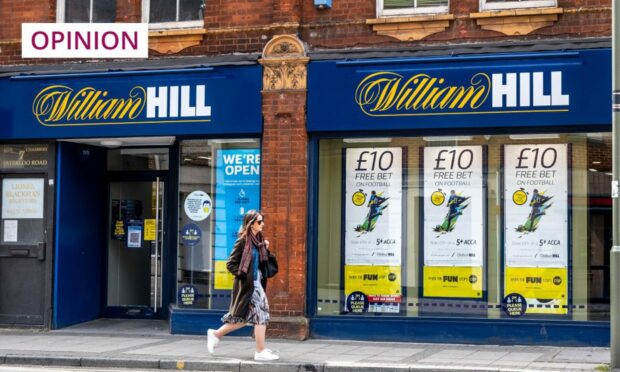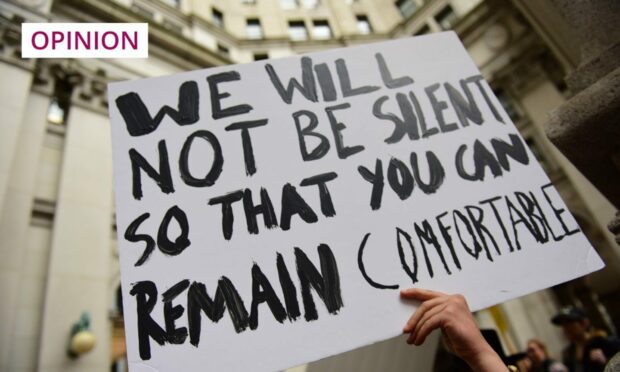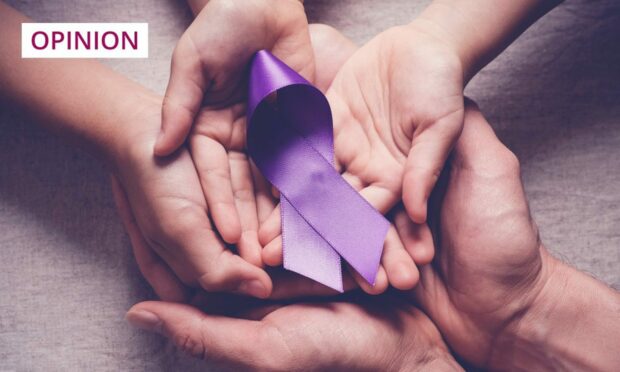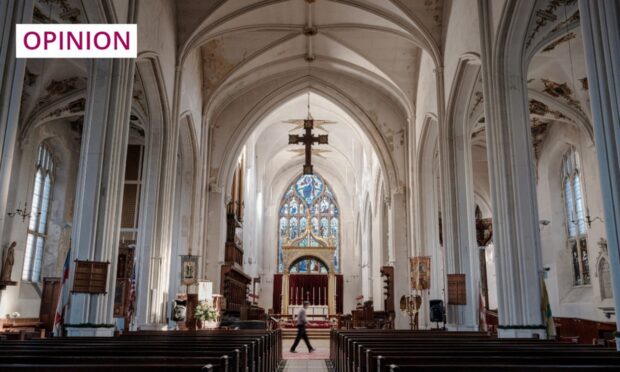Plans to overhaul UK gambling laws have been delayed for a fourth time, due to infighting in the Conservative Party.
The Guardian reports that senior advisers to the UK Government told Boris Johnson not to sign off a long-awaited white paper on reform, despite it being ready for approval days before he announced his resignation. They believe the next prime minister should take a fresh look at the proposals, pushing back action for months.
This news is extremely discouraging to those advocating for change. Loved ones of people who tragically took their lives as a result of problem gambling are fronting the campaign for legal reform.

At least one person in the UK commits suicide as a result of problem gambling every single day. Hundreds of thousands of people are addicted, and millions are at risk of becoming addicted. It has become a public health crisis. Yet, little is being done to confront this appalling situation.
A spokesperson for Gambling With Lives, a charity set up by parents whose children took their own lives after a gambling addiction, voiced dismay at the latest postponement. “Tens of thousands more people will be harmed, and some will die as a result of this inexcusable delay,” they warned. “Ministers spent two years assessing evidence to develop a white paper, which we hear has been stopped by a single unelected official with links to the gambling industry.”
207,000 Scots are in the grip of gambling addiction
Figures suggest that an estimated 207,000 Scots are in the grip of an addiction, or at risk of developing one. There are also significant inequalities in who is most likely to experience harm. Research by the Scottish Public Health Observatory shows that those living in the most deprived areas of Scotland, including parts of the north-east, are nearly three times more likely to be problem gamblers than those in the least deprived areas.
The situation is especially concerning given the lack of specialist addiction services in Scotland. Before the pandemic, an Edinburgh University neuroscientist expressed alarm that no Scottish health board had introduced a pre-planned treatment programme for gambling addicts.
🚨 Breaking: The gambling white paper has been delayed until a new Prime Minister takes office.
No 10 feel it is inappropriate to 'bind' the new administration, sources said.
This is the FOURTH delay after Covid, a change of ministers, and finally internal battles in No 10.
— Tom Witherow (@TomWitherow) July 14, 2022
Professor Ian Whittle told The Sunday Post: “If you’re presenting as a drug or alcohol addict, there is a well-established referral pathway – but there’s nothing through NHS Scotland for problem gamblers.”
Reformers believe UK legislation is failing people. The last major reform of gambling laws – which remain reserved – took place in 2005 and, since then, culture has changed radically. The odd bet placed in a bookies on match days or during horse races is no longer the primary means by which people have a flutter.
Adults can access gambling 24 hours a day, online and through smartphone apps. Punters are bombarded with advertising constantly. Addiction is a much more pronounced danger.
Legislation isn’t fit for purpose
Legislation simply hasn’t kept pace with change, and a now burgeoning betting industry avoids serious accountability. Companies aren’t required to donate a significant percentage of their profits to help problem gamblers. Overstretched NHS services are left to cope.
Bookmakers are most concentrated in the most deprived areas, where people have less disposable income
Businesses can bombard people with lucrative “free bet” offers relentlessly, even if they are at risk of problem behaviour. And, they can use their immense wealth to saturate sport, luring in the younger generation.
Physical gambling premises have also proliferated since 2005, crowding out high streets and replacing shuttered businesses in a challenging financial climate. As research shows, bookmakers are most concentrated in the most deprived areas, where people have less disposable income to start with. This adds to the harms experienced by people in poverty.
Gambling can offer false hope – the prospect of a big win, to lift a person out of challenging circumstances. But it rarely delivers.
Current regulation isn’t enough – we need reform
I’ve been concerned about problem gambling for years, and first became wise to it when I lived in Aberdeen. Whilst at university, friends of mine worked in a well-known bookies, which has premises across the city.
They would tell stories of men who came in on pay day and spent their entire earnings for the month. Desperate to transform their lives, sometimes grappling with other hardships, they were allowed to pour away their earnings and go home to their families with empty pockets.
My friends often felt a sense of guilt about such people, but there never seemed to be any compassionate intervention. Month after month, the same characters would appear and fritter away their money.
If a concern was raised, they could simply go to another betting shop somewhere else and attempt to change their fortunes there. This is a terrible form of exploitation. And, I fear it’s still common in communities up and down Scotland today.
It’s increasingly clear that regulation of gambling isn’t sufficient to safeguard people. Delaying significant reform will only result in more misery, and harm the most vulnerable. UK ministers have a moral duty to act now.
Jamie Gillies is a campaigner and commentator based in the north-east of Scotland

















Conversation